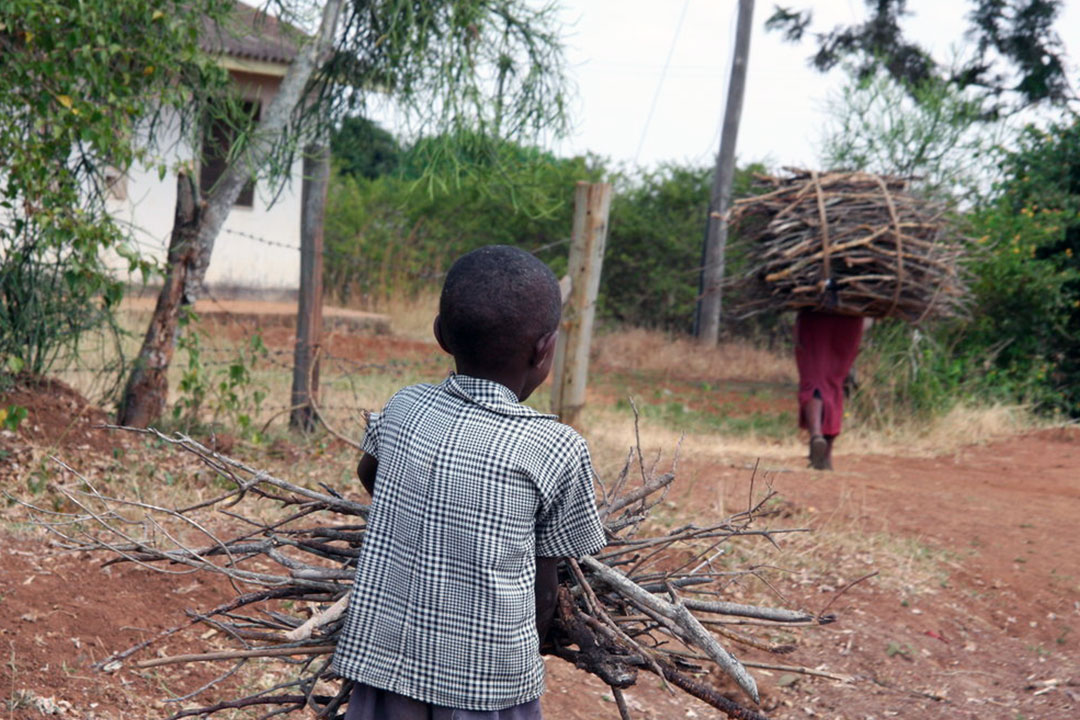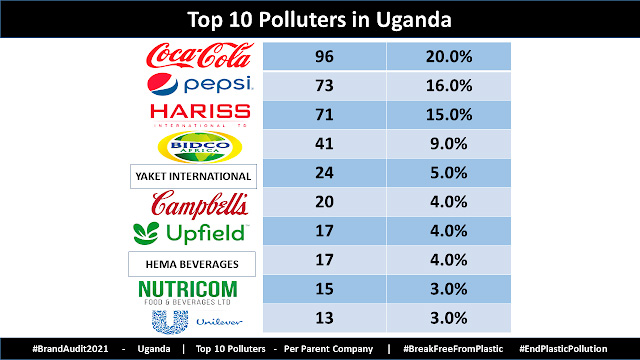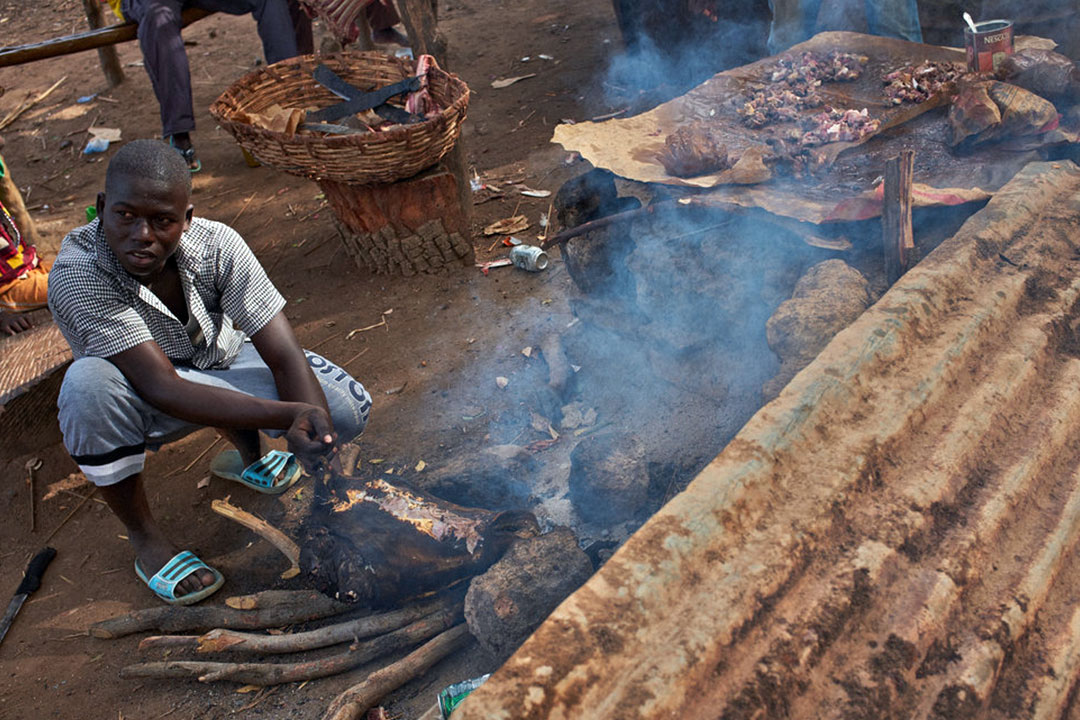Gone are the days when people were last seen online on December 23, only to resurface in the New Year like nothing happened. You send someone a forwarded Merry Christmas GIF and they respond to it on January 3 the following year.
The advancements in solar energy, batteries and energy storage have spurred a new skyline in rural communities. Homes are lit at night by something other than the moon or kerosene; smartphone owners, even iPhone users no longer have to make a last-minute dash to borrow or purchase power banks before heading to Kazo, Mityana or Sironko.
One thing that has remained the same, however, is the kitchen. Despite the changes in architectural design, set up and pomp, majority of the kitchens in rural Uganda are still running on firewood and charcoal.

While there is an uptake in the use of gas and biogas for cooking, these are used in affluent homes for quick fix meals or as a supplement for the traditional firewood and charcoal methods.
The Shell/Vivo Energy Dilemma
Last year, Vivo Energy, the official distributor of Shell and Engen products in Uganda and several other African countries, launched the so-called “Vivo Energy Sustainability Framework” to “safely provide innovative and responsible energy solutions to Africa.”
The Framework is hinged on majorly three pillars, you can read them here. The Taasa Obutonde campaign by Next Media in partnership with Vivo Energy, among other stakeholders, is one of their initiatives. It primarily focuses on combating irresponsible use and disposal of plastics and encourages what they term as the 3Rs – Reduce, Reuse, Recycle.
While this is a noble undertaking given the havoc that plastics wreck in our drainage channels, lakes, and oceans, one would argue that the sector is a little out of pocket for a fossil fuel player who is busy wrecking even more environmental havoc elsewhere.
After a brand audit conducted by the non-profit, End Plastic Pollution, revealed that more than 90% of the plastic bottles found in the most polluted rivers in Uganda can be attributed to Coca-Coca trading under Century Bottling in Uganda and Pepsi who are trading under Crown Beverages.

The only plastic thing that Shell has on offer is a 12.5kg reusable gas cylinder – something you would never find blocking the sewer hence causing the area to flood when it rains.
So, where can Shell/Vivo Energy focus their much-needed resources and renewed vigour?
- An awareness campaign discouraging cutting of trees for charcoal and firewood for domestic and commercial use opting for cleaner and environmental saving alternatives like gas. This would not just ‘taasa obutonde’, it would also increase sales of their gas products.
- Subsidise or create a new kitchen gas product altogether targeting rural households. This way, they would find it easier to transition from harmful cooking methods to healthier alternatives.
For perspective, a bag of charcoal at Sanga in Kiruhura District ranges between Shs50,000 to Shs100,000. For less busy households, this bag might hold them tight for a month or more. A competitive product in the same range would sway many minds, hence creating a spiral effect as other households seek the same upgrade.
- Alternatively, if the cost of production makes the maths hazy, partner with local players such as Eco Stoves to increase the footprint of their energy saving alternatives to rural communities across the country.
- Cliché, but a massive reafforestation campaign would also aid some parts of the country to recover faster from natural hazards and increase their resilience.
Before divulging other ideas, let us contextualise a few ideas. When this writer says clean energy, he is not saying that gas is the magic bullet we have been waiting for -- far from it. But as Mark Radka, the Head of the United Nations Environment Program’s (UNEP) Energy and Climate Branch explains, natural gas is a cleaner fuel in the sense that burning it produces fewer conventional air pollutants.

Cooking with firewood, on the other hand, has been linked to several health risks including respiratory diseases, heart diseases and eye irritations.
Secondly, while this article references Shell/Vivo Energy, we are not blind to their players in the energy space such as Total and CNOOC that are mining Uganda’s oil and gas reserves in the Albertine Region and new entrants such as Rubis and Stabex who also have cooking gas products.
Without such interventions, Shell/Vivo Energy’s efforts to save the environment will continue to be frowned upon as more corporate greenwashing – a public relations stunt that companies use to pretend they or their products are “green” or environmentally friendly when in actual sense their effects are far more devastating.
They should break out of their ‘shell’ and explore more ways of taasaring obutonde.

